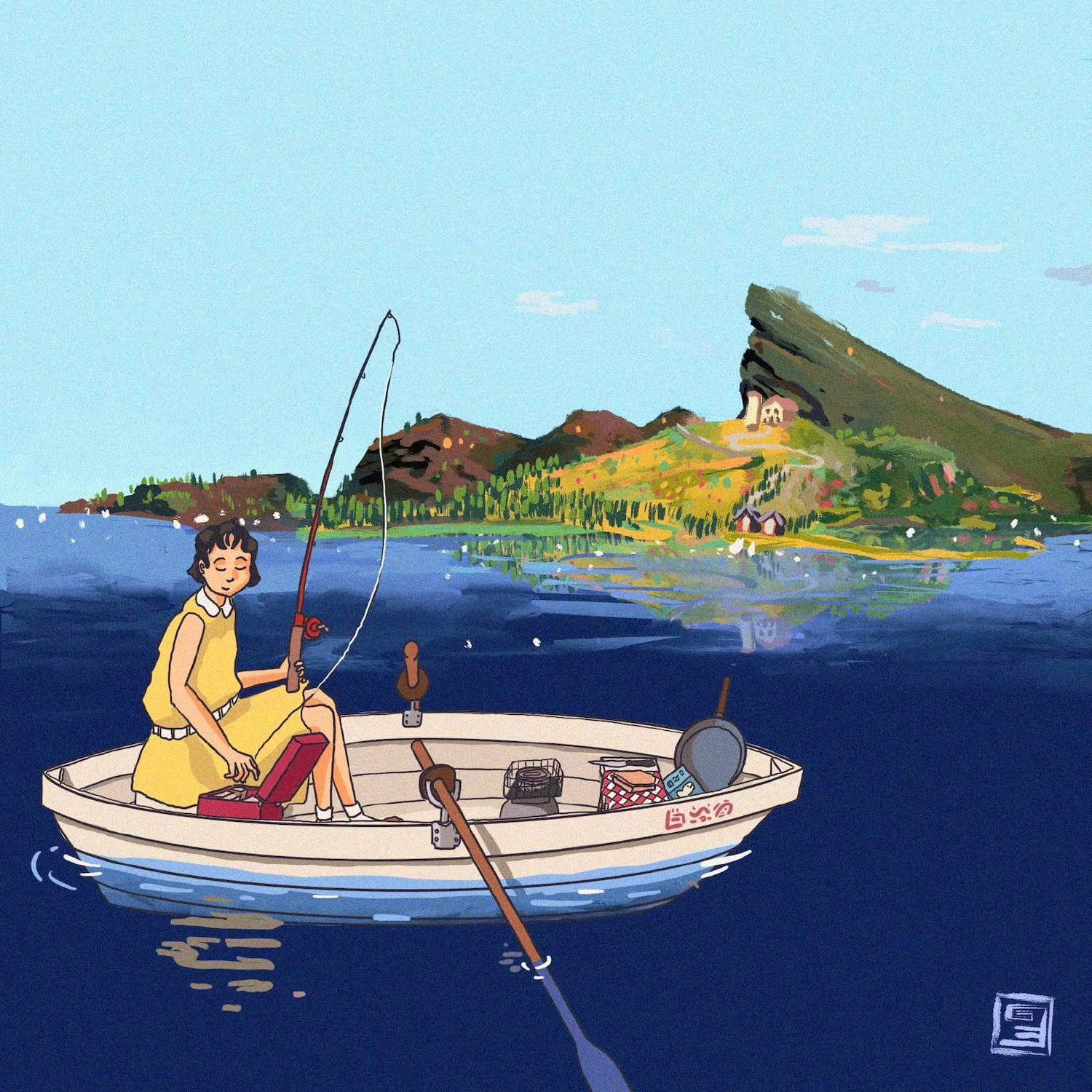NEW Story: Sunday Morning
Tesmosnen, the Festival of Fasting

This article is not part of Vekllei canon. It may be old, obsolete or just a bit of fun.
In the quaint ocean country of Vekllei, during their years of fecundity and fun, the calendar is divided into twelve festivals of various celebration and purpose. They include the Festival of the Sea in October, which celebrates Vekllei’s vast fishing navy and concludes with the detonation of a nuclear weapon off Vekllei’s coast, to the Festival of the Moon in January, which is quiet and acknowledged only through personal ceremony and decorations.
One of the most important festivals in the country’s animistic spiritualism, called Upen, is the Festival of Fasting. It is not a traditional fast — you are permitted to eat as much as you like. Instead, the Tesmosnen festival asks participants to either reject meat or hunt it for the duration of the festival.
Although by no means mandatory, during January you’ll begin to notice restaurants alter their menus and youth organisations train to hunt during the festival weeks. There is an important cultural reason that usurps the largely spiritual origins of the festival — fasting or killing forces you to acknowledge, as a consumer, the cycles of production and consumption at a most basic level. In Vekllei, which seeks a return to preindustrial lifestyles, modernisation largely abolishes the previously intimate relationship a common person had with agriculture.
As a mountainous island country, Vekllei must import the majority of its red meat, and shortages are common in rural areas. Although polls show that Vekllei prefers fish as its meat of choice, it is undeniable that consumption of red meat has increased tenfold over the last few decades.
During the three weeks of the festival, Vekllei people, including older children, are encouraged to fish or hunt as personal recreation or through environmental organisations. The act of killing and cleaning better illustrates the servile relationship the Earth now has with voracious human appetite, and this relationship forms in part the total Upen worldview.
